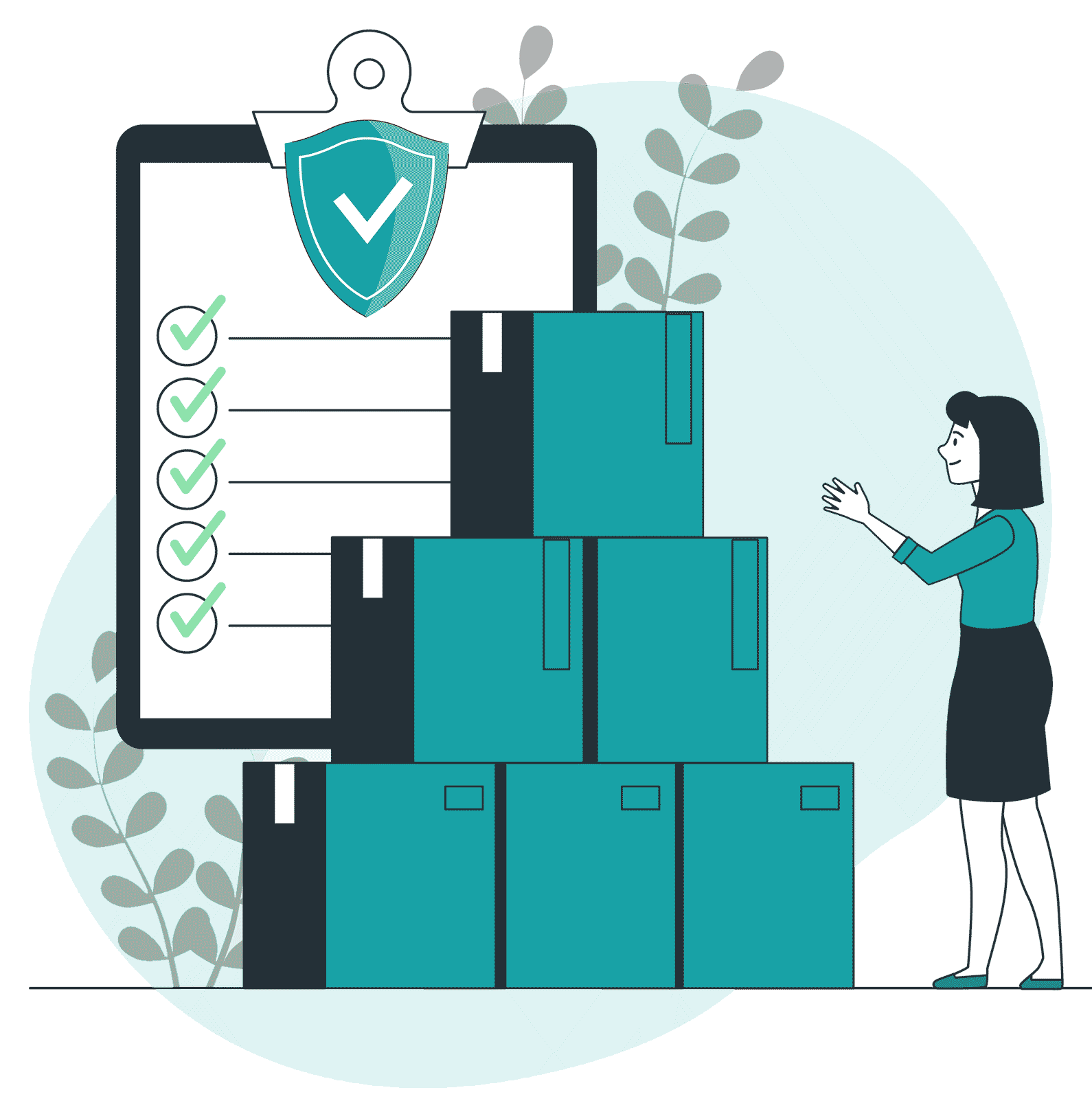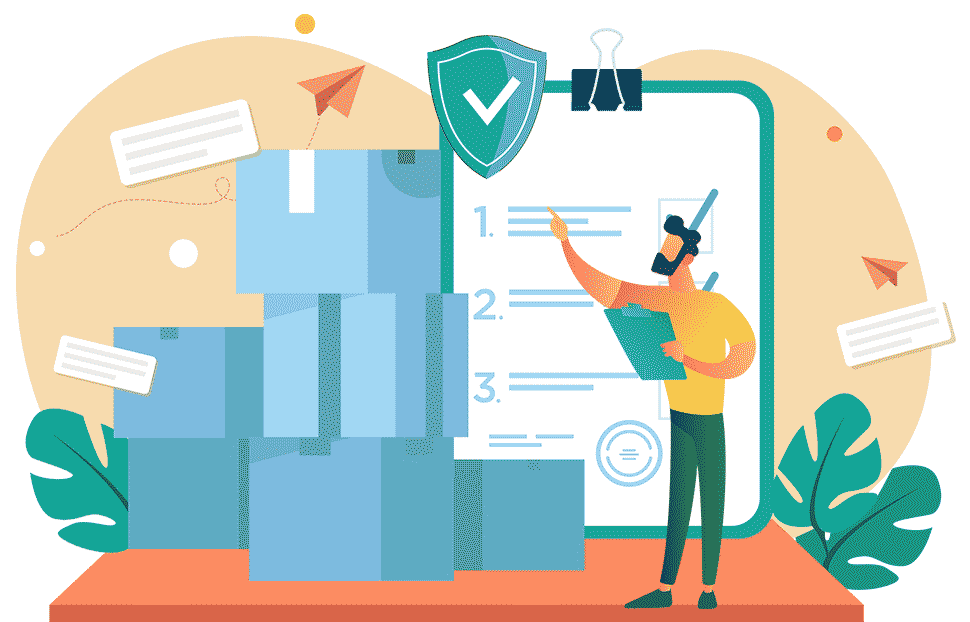Product Liability- Coverage, Exclusions, Add-ons
100K+
Insured
450+
clients
4.9
Rating
100% Bootstraped
Company
 Get a free review of your
Get a free review of your
policy today
We respect your privacy
 Product liability insurance provides legal protection to its insured in case they face claims brought by third parties for bodily injuries caused by products manufactured or supplied by the insured. Under such policies, an insurance provider would reimburse all expenses related to defending claims made against an insured party. Assuming you own a company which produces chocolates or food products sold directly to customers. Say, for instance, one of your customers becomes sick after taking your product and files a claim against it for deficiency; now legally obliged to make good the loss caused to that customer due to consumption, legally you are obliged to do so. Your customers could demand huge compensation amounts in response to irreparable loss suffered; such claims would likely run into millions and would not be possible to settle from your pocket alone; to cover this legal liability effectively you might purchase product liability insurance that protects against such claims from products sold by your business.
Product liability insurance provides legal protection to its insured in case they face claims brought by third parties for bodily injuries caused by products manufactured or supplied by the insured. Under such policies, an insurance provider would reimburse all expenses related to defending claims made against an insured party. Assuming you own a company which produces chocolates or food products sold directly to customers. Say, for instance, one of your customers becomes sick after taking your product and files a claim against it for deficiency; now legally obliged to make good the loss caused to that customer due to consumption, legally you are obliged to do so. Your customers could demand huge compensation amounts in response to irreparable loss suffered; such claims would likely run into millions and would not be possible to settle from your pocket alone; to cover this legal liability effectively you might purchase product liability insurance that protects against such claims from products sold by your business.
 Product liability insurance is crucial for both small and big businesses alike as it provides peace of mind and resources needed to fight liability claims that might arise from customers using their product accidentally; especially as small companies often don't have sufficient resources dedicated to fighting these liability suits that might include bodily injuries as well as property damages sustained as a result of these accidents. Unfortunately, small companies with restricted finances find managing product liability claims challenging as it makes managing legal cases while improving business difficult at once.
Product liability insurance is crucial for both small and big businesses alike as it provides peace of mind and resources needed to fight liability claims that might arise from customers using their product accidentally; especially as small companies often don't have sufficient resources dedicated to fighting these liability suits that might include bodily injuries as well as property damages sustained as a result of these accidents. Unfortunately, small companies with restricted finances find managing product liability claims challenging as it makes managing legal cases while improving business difficult at once.